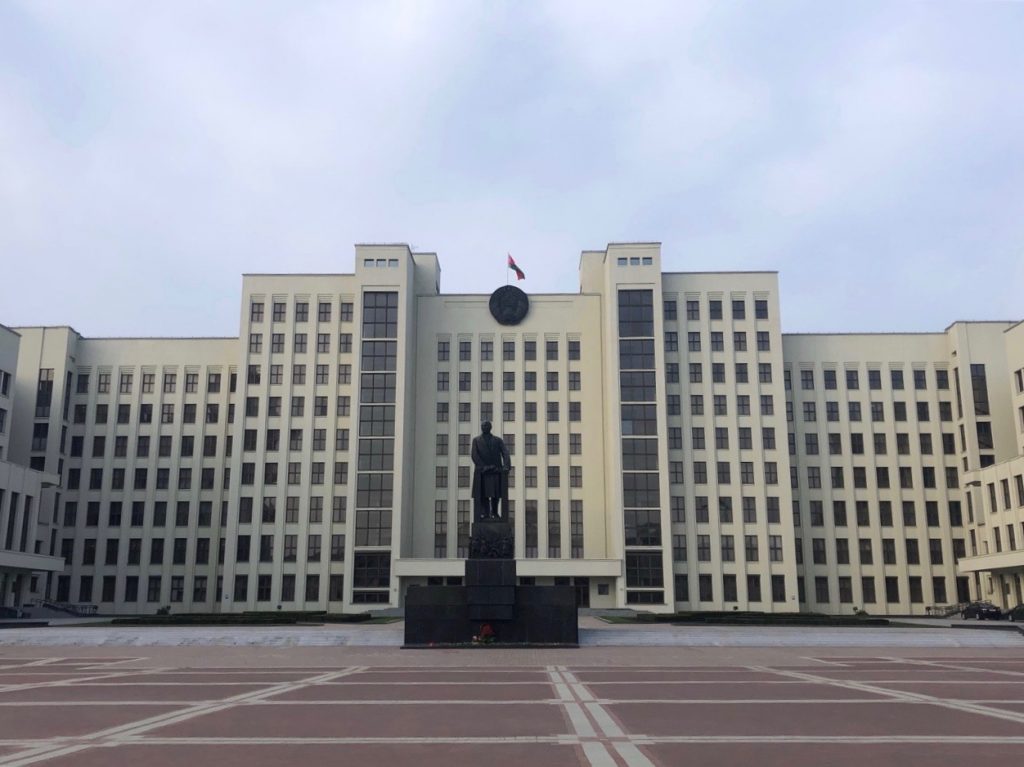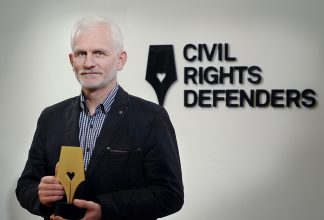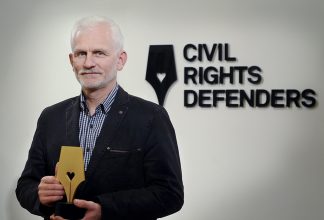Opposition Wins No Seats in Belarus Election

The opposition won no seats in the parliamentary election in Belarus on 17 November. Election observers claim the election had significant shortcomings and highlight an overall disregard for fundamental freedoms during the electoral process.
The country has been governed by president Alexander Lukashenka since 1994. Since then, no elections have been considered free and fair by the international community. International observers have already highlighted that this year’s election had significant shortcomings during vote counting, and that fundamental freedoms were disregarded.
In the last parliamentary election in 2016, two opposition candidates were elected for the first time in 20 years. However, neither of these candidates were even allowed to run for this year’s election.
“Even though the election process was never free and fair, we hoped that the country’s leadership would use this opportunity to show that it can allow dissenting voices in the parliament, as it did three years ago,” said Goran Miletic, acting Director for the Eurasia Department at Civil Rights Defenders.
Presidential election will be held next year
Lukashenka has already announced that he will run for the presidential election next year.
“The prospects for democratisation now look even grimmer. The authorities want to show that they are in full control. After this outcome, there is very little hope that they will even pretend to plan a competitive race ahead of next year’s presidential election. The coming months will reveal how the authorities intend to prepare for the presidential election. A close watch by the international community will be key in preventing a new crackdown on the opposition, media and human rights defenders, similar to what happened during the 2010 election,” Goran Miletic continued.
Election observers highlight significant shortcomings
The assessment by international monitors leaves no room for interpretation. As outlined in the preliminary findings of the international election observation mission, there was an overall disregard for fundamental freedoms of assembly, association, and expression.
“The electoral rules are full of gaps and inconsistencies. I can only reiterate that we noted a number of severe restrictions to fundamental freedoms anchored in national legislation,” said Corien Jonker, Head of the ODIHR election observation mission, during a news conference where the preliminary conclusions were introduced.
Also the Belarusian civil society has been monitoring the whole electoral process, notably through the coalition of human rights defenders for free elections.
In their analytical report published on the day after the election, they highlight how the election failed to meet a number of key international standards for democratic and free elections, as well as fulfil the electoral legislation of the Republic of Belarus. They base their conclusions on the lack of equal access to state media for all candidates, lack of impartiality of election commissions, use of administrative resources in favour of pro-government candidates, numerous instances of voter coercion to participate in early voting, and the absence of transparency during some election procedures to the observers.
Journalists express concern
Journalists have also highlighted challenges when trying to cover the election, for example reporters were barred from filming during the vote counting.
“This election campaign has not been associated with as many obstacles for journalists and the media as in some other political campaigns, but we express our concern about the threats to independent journalists that have been expressed by state TV channels and by the country’s top officials,” said Andrei Bastunets from the Belarusian Association of Journalists.
Ahead of the election, Civil Rights Defenders spoke to two anonymous human rights defenders about the human rights situation in the country. Read the interview in full here.


